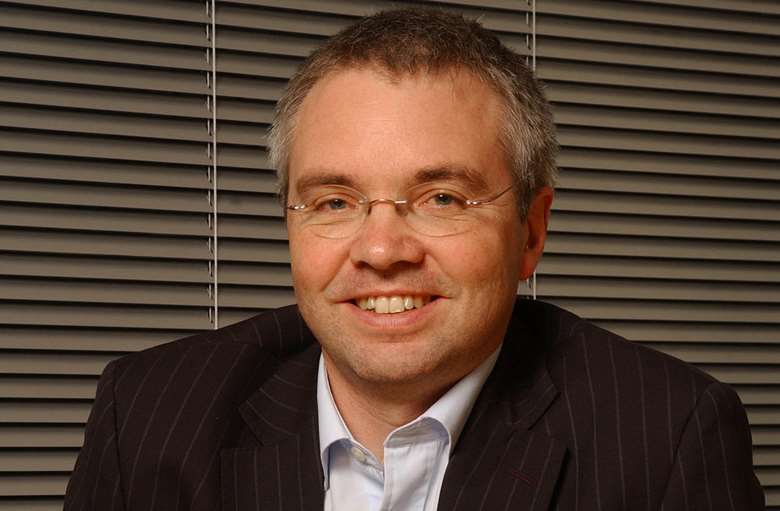Daily roundup: Child protection, payday loans, and young offenders
Laura McCardle
Tuesday, July 1, 2014
NSPCC chief criticises Rolf Harris after entertainer's conviction; call to ban payday loan adverts from children's TV; and new cell restrictions planned for young offenders, all in the news today.

The chief executive of the NSPCC has branded Rolf Harris a hypocrite for fronting a campaign against child abuse in 1985. Harris was yesterday convicted of 12 counts of sexual assault on four women and children between 1969 and 1986. According to the Independent, Peter Wanless, head of the charity, told Good Morning Britain that Harris’ decision to feature in the Kids Can Say No video displayed his “absolute hypocrisy”.
The Children’s Society is calling on the government to back a ban on payday loan adverts being shown during children’s television. The Society says there is strong evidence that children are being regularly exposed to payday loan adverts and wants the government to take action.
Young offenders will have their cell lights and televisions turned off at 10.30pm, the justice secretary, Chris Grayling, has ordered. The Guardian reports that the restriction will apply to 15- to 17-year-olds in young offender institutions (YOIs). The move is aimed at imposing stricter discipline on inmates.
Almost 500 under-18s sought treatment at Sheffield Children’s Hospital’s child-assessment unit for injuries caused by physical assault or neglect last year. The Sheffield Star reports that 495 appointments were made for abused children by social workers, doctors or hospital consultants.
Barnardo’s will manage six children’s centres in Plymouth for the next three years as part of a £1m contract. The Plymouth Herald reports that the centres work with more than 1,000 children, providing parenting programmes, breastfeeding support, cookery courses, first aid training, baby massage and play sessions.
Disadvantaged pupils in inner London are more likely to go to university than much better off peers outside the capital, reveals official data. The Department for Education statistics show 63 per cent of pupils receiving free school meals in London schools and colleges progressed into higher education. This is higher than any figure for better-off pupils in any region, the BBC reports.




